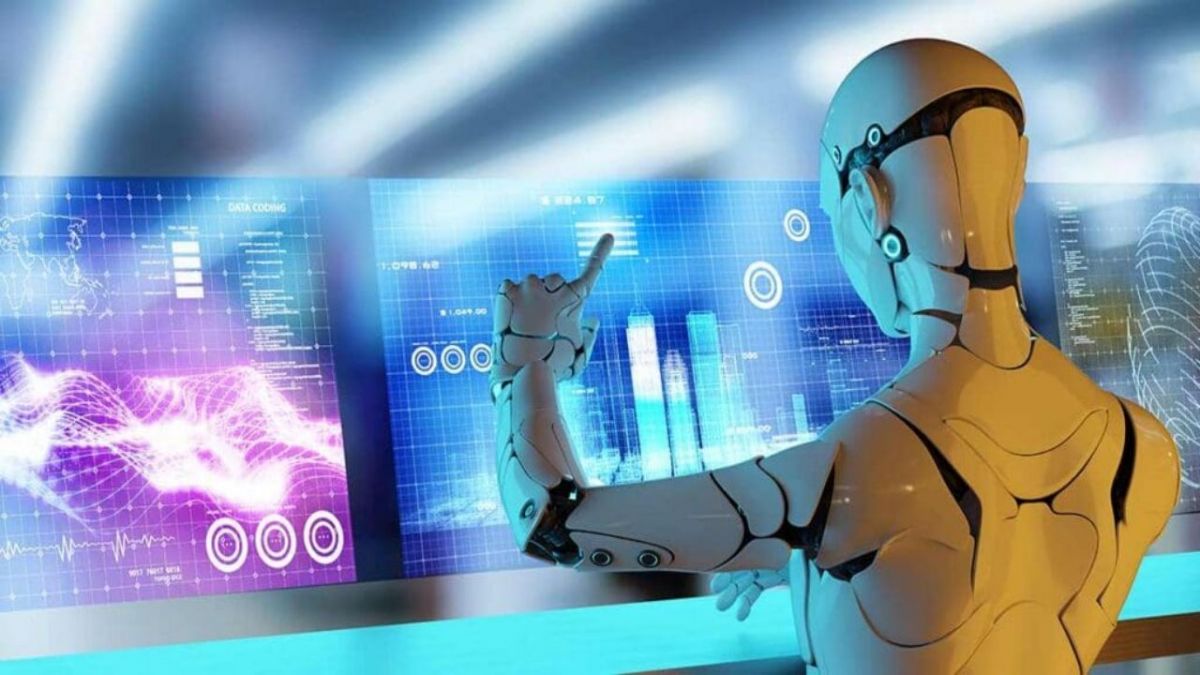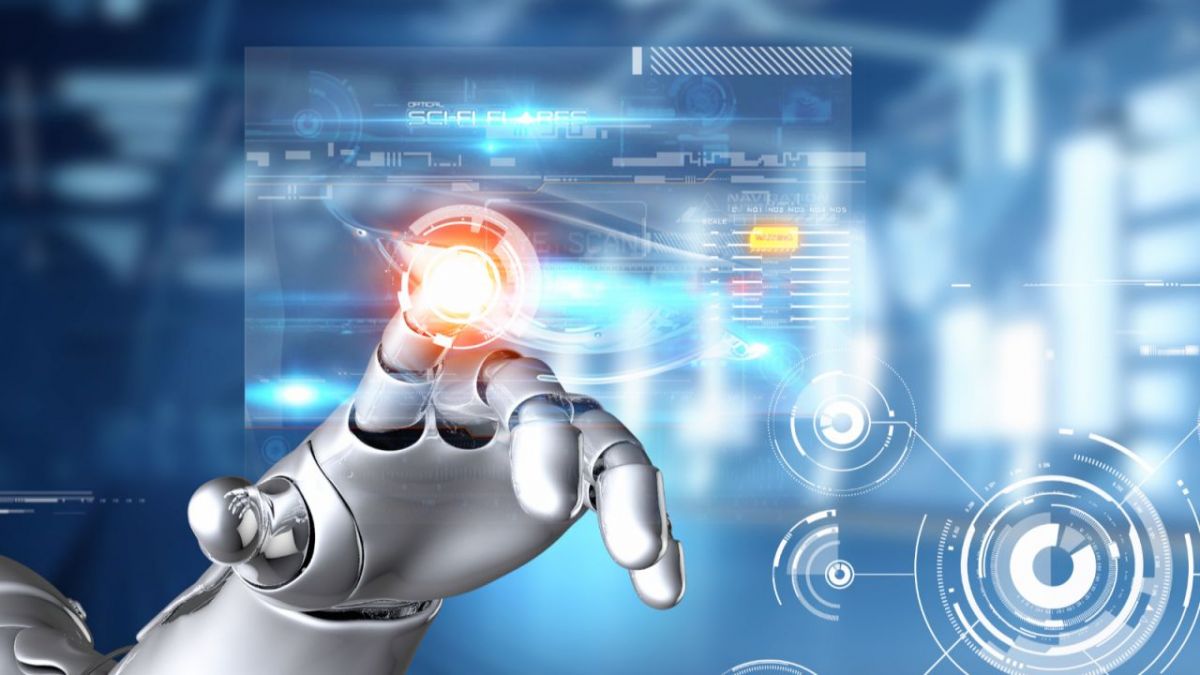Cloud computing opens a new chapter in IT, the rapid rise of cloud-native applications
Advertisement
The Future of Work: AI Assistants and the Transformation of Industries
The workplace, as we have known it for decades, is on the cusp of a profound transformation. Artificial Intelligence (AI) assistants are no longer the stuff of science fiction; they are becoming an integral part of the global workforce. Their ability to perform complex tasks, analyze vast amounts of data, and learn from experience is reshaping the way we work and the industries that define our economic landscape. This shift is not just about increased efficiency; it's about the potential for AI to unlock new avenues of innovation and growth across sectors.
AI assistants are rapidly gaining traction in the workplace due to their versatility and scalability. They can automate routine tasks, freeing up human workers to focus on more strategic and creative endeavors. In customer service, AI chatbots are providing instant responses to queries, improving customer satisfaction and reducing the workload on human agents. In finance, AI algorithms are analyzing market trends and making predictions with a speed and accuracy that surpass human capabilities.
The rise of AI in the workplace is also driving a shift in the skills that are in demand. As AI takes over more routine tasks, there is a growing need for workers who can develop, manage, and work alongside AI systems. This has led to a surge in demand for skills in areas such as data science, machine learning, and AI ethics.
The impact of AI assistants is not limited to any one industry; it is a phenomenon that is transforming the way work is done across the board. In healthcare, AI is revolutionizing the way diseases are diagnosed and treated. AI algorithms can analyze medical images, predict patient outcomes, and even assist in the development of personalized treatment plans.

In manufacturing, AI is enabling a new era of smart factories where production lines are optimized in real-time based on data from sensors and machines. This leads to increased efficiency, reduced waste, and the ability to quickly adapt to changes in demand.
In the legal sector, AI is being used to analyze legal documents, predict case outcomes, and even assist in the drafting of contracts. This is changing the nature of legal work, allowing lawyers to focus more on strategic advice and less on time-consuming research and documentation.
While the rise of AI in the workplace offers numerous benefits, it also presents several challenges and considerations. One of the primary concerns is the potential for job displacement. As AI systems become more capable, there is a risk that they could replace human workers, particularly in roles that involve routine tasks.
Addressing this challenge requires proactive measures, such as reskilling and upskilling programs, to prepare the workforce for the jobs of the future. It also requires a rethinking of the social safety nets that protect workers in times of economic transition.
Another challenge is ensuring that the development and deployment of AI systems are guided by ethical principles. Issues such as bias, transparency, and accountability must be addressed to ensure that AI systems are used responsibly and for the benefit of all.
Education and lifelong learning will play a critical role in preparing the workforce for the future of work. As the demand for AI-related skills grows, educational institutions must adapt their curricula to provide students with the knowledge and skills they need to succeed in an AI-driven economy.
This also means fostering a culture of lifelong learning, where workers are encouraged and supported to continually update their skills and knowledge throughout their careers. This could involve initiatives such as online learning platforms, vocational training programs, and incentives for workers to pursue further education.

The future of work, as shaped by AI, is one of increased automation, greater efficiency, and new opportunities for innovation. However, it is also a future that requires careful planning, proactive measures, and a commitment to ethical principles.
As we continue to integrate AI into the workplace, it is essential to ensure that the benefits of this technology are shared widely and equitably. This means addressing the challenges of job displacement, ensuring that AI systems are developed and used responsibly, and fostering a culture of lifelong learning.
In conclusion, the rise of AI assistants in the workplace is not just a technological shift; it is a societal one. It has the potential to transform industries, redefine the nature of work, and create new opportunities for growth and prosperity. As we navigate this transformation, it is crucial that we do so with a focus on the well-being of the workforce and the betterment of society as a whole.